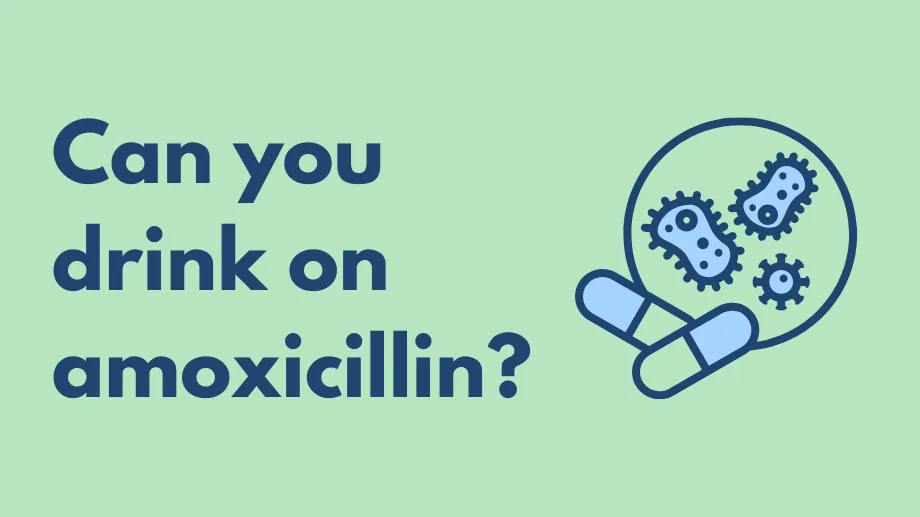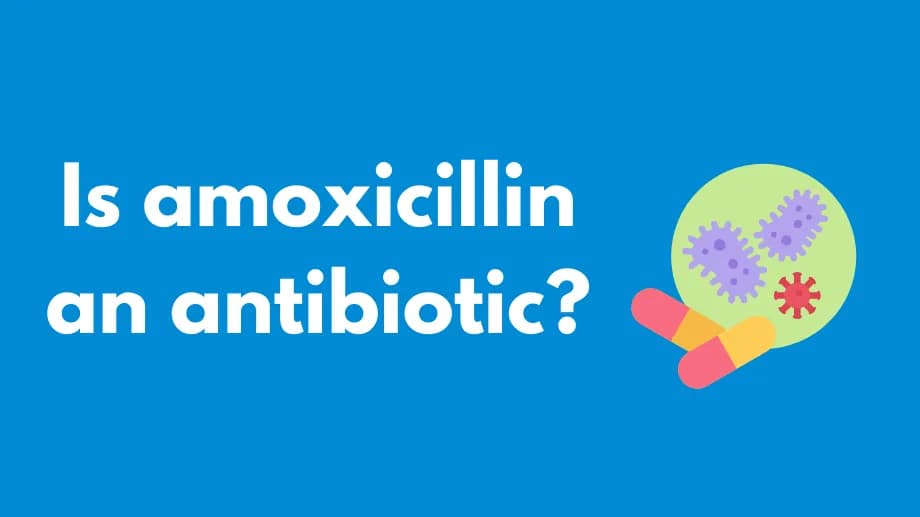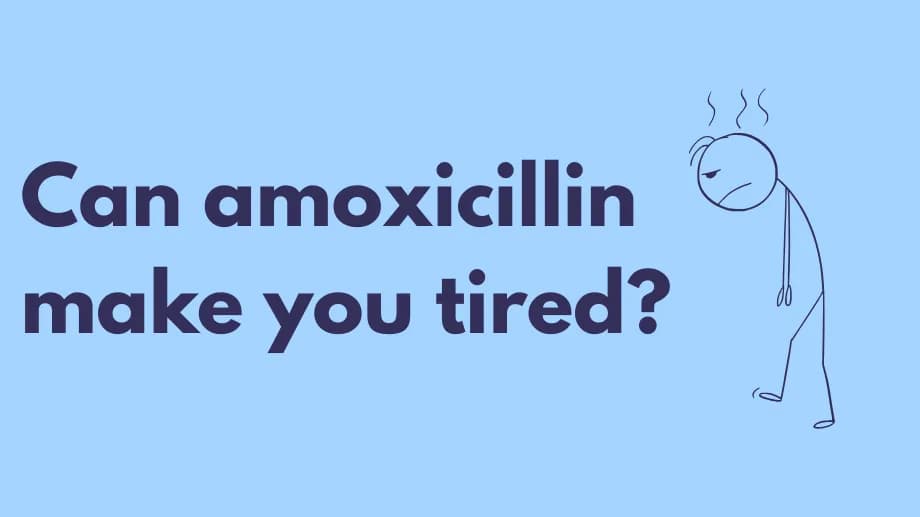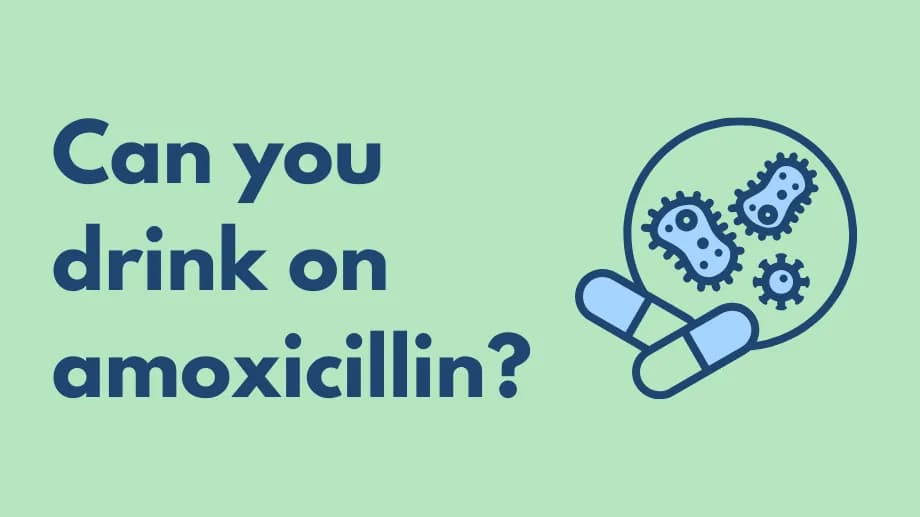Can you drink on amoxicillin?

Amoxicillin (Amoxil) is a commonly prescribed antibiotic used to treat bacterial infections such as pneumonia, bronchitis, urinary tract infections, and ear, nose, and throat infections. A frequent question is whether it’s safe to drink alcohol while taking this medication.
Although amoxicillin does not directly interact with alcohol, it’s still best to avoid excessive drinking while on this medication due to the risk of increased side effects and slower recovery.
What Is Amoxicillin?
Amoxicillin is an FDA-approved penicillin antibiotic available in several dosage forms, including tablets, chewables, and liquid suspensions. It’s typically taken 2 to 3 times daily for 3 to 14 days, depending on the infection being treated.
Side Effects of Amoxicillin
Common side effects include:
- Diarrhea
- Nausea or vomiting
- Upset stomach
- Headache
- Changes in taste
Rare but serious side effects may include:
- Severe allergic reactions (hives, swelling, trouble breathing)
- Skin rash, blisters, or peeling
- Severe diarrhea (lasting weeks after treatment)
If you experience any serious reactions, seek immediate medical attention.
Is It Safe to Mix Alcohol with Amoxicillin?
While there is no direct drug interaction between amoxicillin and alcohol, combining the two can worsen side effects such as:
- Nausea and vomiting
- Stomach pain or diarrhea
- Dizziness or drowsiness
- Headache
Alcohol may also weaken your immune system, making it harder to recover from the infection. It can disrupt sleep and lead to dehydration, which further slows healing. Some studies suggest alcohol might reduce the absorption rate of amoxicillin, although this typically doesn’t affect its overall effectiveness.
For the best results, it’s advised to avoid alcohol while taking amoxicillin. If you choose to drink, limit your intake and talk to your healthcare provider about any symptoms or concerns.
Can You Drink Alcohol with Other Antibiotics?
Some antibiotics have dangerous interactions with alcohol and should never be combined. These include:
- Metronidazole (Flagyl)
- Tinidazole (Tindamax)
- Sulfamethoxazole/Trimethoprim (Bactrim)
- Cefotetan (Cefotan)
Mixing alcohol with these drugs can cause flushing, low blood pressure, rapid heart rate, nausea, vomiting, and severe stomach cramps.
Linezolid (Zyvox) can interact with alcoholic drinks like red wine and tap beer, potentially leading to dangerously high blood pressure.
Antibiotics like rifampin and isoniazid are metabolized by the liver, and alcohol use can increase the risk of liver damage. Always read the labels of over-the-counter (OTC) products, as some (like cough syrups and mouthwashes) also contain alcohol.
Sources
- Mergenhagen KA, et al. (2020). Fact versus fiction: A review of the evidence behind alcohol and antibiotic interactions.
- National Institute of Alcohol Abuse and Alcoholism (NIH): Harmful interactions
- NHS Choices: Antibiotic interactions
- DailyMed: Amoxil (amoxicillin)


